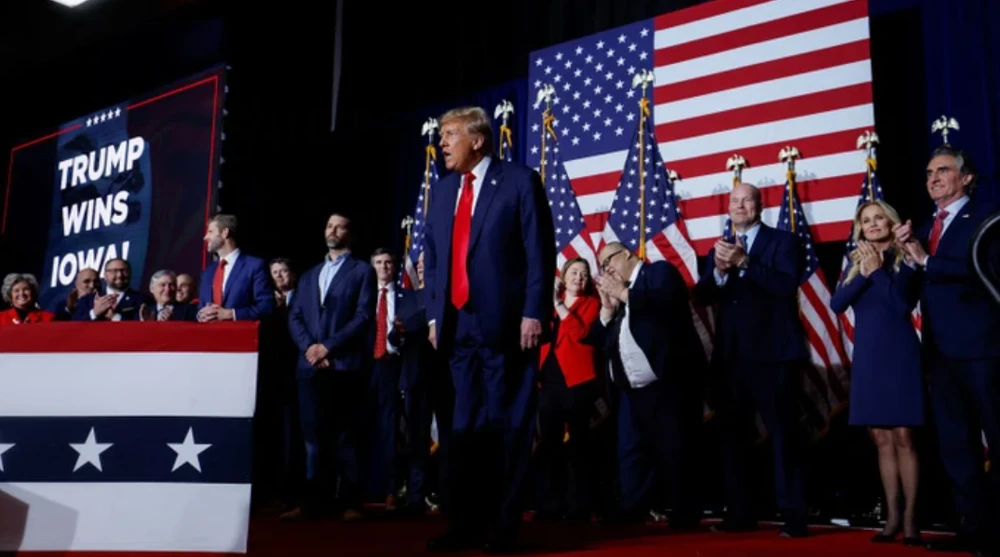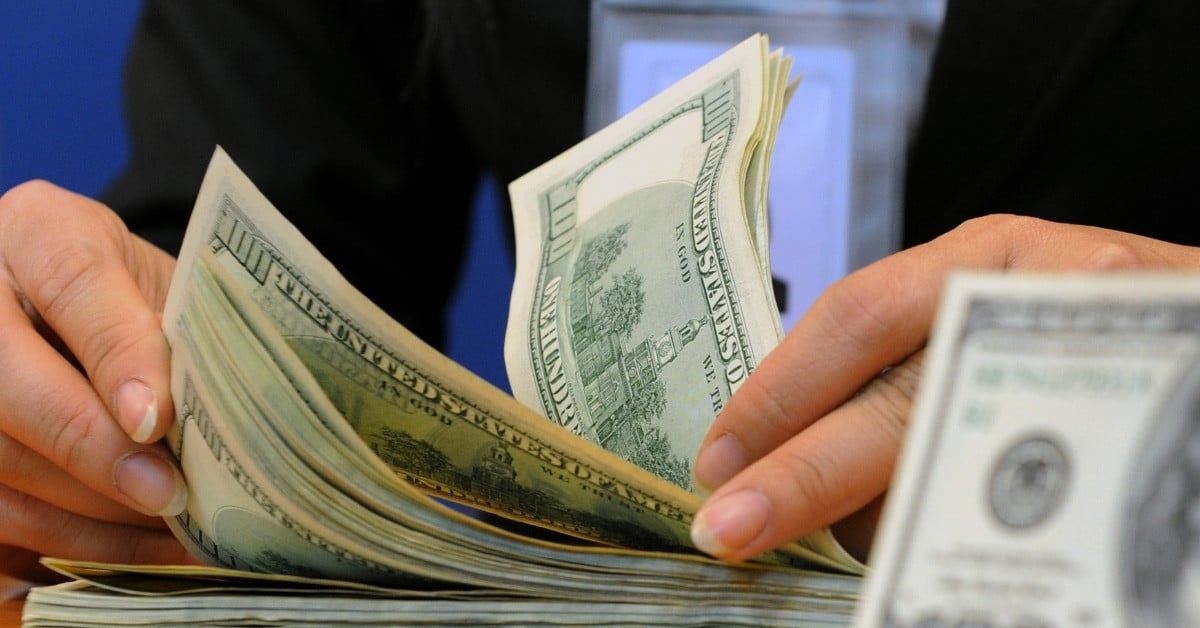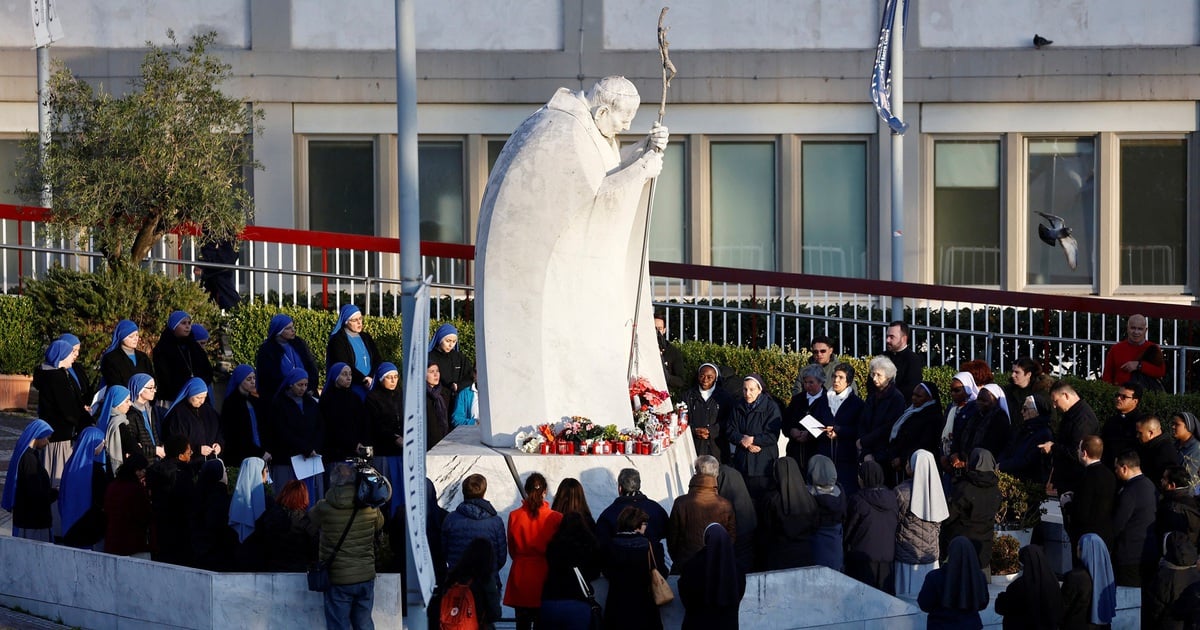On the night of January 15 (local time), the morning of January 16 (Vietnam time), the US presidential election officially began with the Republican primary election in Iowa.
A win in the state does not guarantee the party's nomination, but it will set the stage for the Republican convention in July, when whoever wins a majority of the states' electoral votes will officially become the party's nominee.

CNN reported that with about 99% of the votes counted, Donald Trump almost won a landslide victory with 51% of the votes, equivalent to 20 electoral votes from Iowa. Following him were Ron DeSantis (about 21%/8 votes) and Nikki Haley (about 19%/7 votes). Thus, Donald Trump's victory broke the record of 12.8% difference in votes that Senator Bob Dole scored against his closest opponent in 1988.
Caucuses and primaries are the two ways that the Republican and Democratic parties select their candidates in the states. Most states in the US hold primaries while some traditionally Republican states, such as Iowa, hold caucuses to elect delegates. Iowa was the first state in the US to hold a primary to select the Republican presidential candidate through a caucus. Next, the Republicans and Democrats will hold a primary in New Hampshire on January 23. Both parties will then hold primaries in the remaining states from February to June 8 before the Republican (July 15-18) and Democratic (August 19-22) national conventions.
Donald Trump is expected to face a stronger challenge from more independent voters in the upcoming New Hampshire primary. “I really think this is a time for everyone, our country, to come together,” Trump said at a victory rally in Des Moines, Iowa. Trump’s supporters remain steadfast in their support, despite the former US president facing 91 criminal charges over issues including his handling of classified documents and his attempt to overturn the 2020 presidential election.
KHANH MINH
Source







































![[Photo] Prime Minister Pham Minh Chinh chairs Government Conference with localities on economic growth](https://vstatic.vietnam.vn/vietnam/resource/IMAGE/2025/2/21/f34583484f2643a2a2b72168a0d64baa)



























































Comment (0)